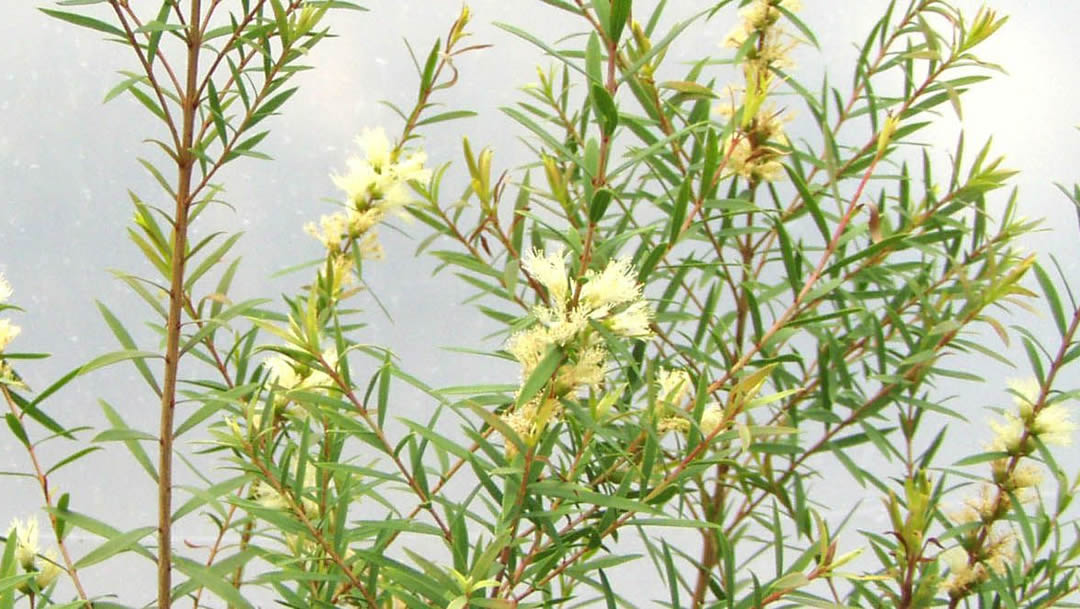Tea Tree Oils – Skin Treatments. While tea tree oil has many uses – try it as an antiseptic, DIY cleaning agent, DIY mouthwash, or a natural deodorant, just to name a few – many home remedies enthusiasts seek out this essential oil for its skin-healing benefits. When applied topically, tea tree essential oil should be used in a diluted form, as using the oil straight up or at higher concentrations could potentially irritate your skin; it provides a cooling sensation, resembling Menthol, which may cause your skin to feel like it is burning. Used topically and cosmetically, Tea Tree Essential Oil has the ability to treat skin problems, making it a great additive to cosmetics and personal hygiene products, such as facial wash, body wash, shampoo, conditioner, deodorant, salve, moisturiser, massage oil, and nail care.
Tea Tree oil has been used for treating a wide range of skin conditions for a long time, and it can be found in a variety of cosmetic products. The powerful antibacterial properties of Tea Tree Essential Oil also helps in decreasing bacteria that causes pimples on your skin in order to clear up acne and keep it from coming back. Combine tea tree oil with witchhazel toner if you suffer from pimples, which can be done after cleansing the skin, or combine tea tree oil with moisturizer (such as coconut oil) as a final step of the evening skincare routine, if you have dry or sensitive skin too.
You can combine 2-3 drops of essential oil with a carrier oil, and then apply to the skin like a toner, face wash, or moisturizer. Simply add a few drops into a daily moisturizer or straight to your skin, diluted appropriately with a carrier oil (we recommend Rosehip Seed oil) to help strip away oils and promote a fairer skin tone. This essential oil clarifies your breakouts from pimples, while also moisturizing skin that has been drying from long-term use of facemasks. The oil may cure your dandruff by removing dead skin cells from the scalp and removes any chemicals.
This Witch Hazel Face Oil and Rice Bran, Sunflower, and Rosemary Extracts moisturizes and strengthens the skin against pimples or any external factors such as weather changes. On a positive note, for everyone struggling with acne, using tea tree oil for pimples is a great way to decrease inflammation and soothe the red skin associated with breakouts. Tea tree oil contains key compounds that decrease the bacteria on your skins surface, which promotes the formation of pimples, says Ava Shamban, MD, a board-certified dermatologist based in Beverly Hills. Despite the existence of a number of large studies conducted on acne and other related skin conditions, there is still a dearth of studies about tea tree oils efficacy for treating acne scars.
A 2015 review in the International Journal of Antimicrobial Agents delves into seven studies of how tea tree oil works against acne, finding that week-long, twice-daily applications of over-the-counter products that contained at least 5% tea tree oil appeared to decrease lesions. One study evaluated the use of tea tree oil-containing sunscreens to determine if they reduced the number of oily spots in the study participants. A study published in The Medical Journal of Australia found that participants benefitted more from using a gel that contained 5% tea tree oil for mild to moderate acne compared with a lotion that contained 5% benzoyl peroxide, a common ingredient used to combat acne in skincare products. Compounding reports, a 2016 review in the journal Cochrane that looked at the effectiveness of different acne treatments, looked at 35 studies that included 3227 participants, finding low-quality evidence only suggesting a gel containing 5 % tea tree oil might be helpful for acne reduction.
The 100% pure, natural makeup of tea tree essential oil makes it a powerful, but natural, solution for acne, and one that has a much lower risk for long-term damaging effects (compared with synthetic, prescription drugs).


Recent Comments